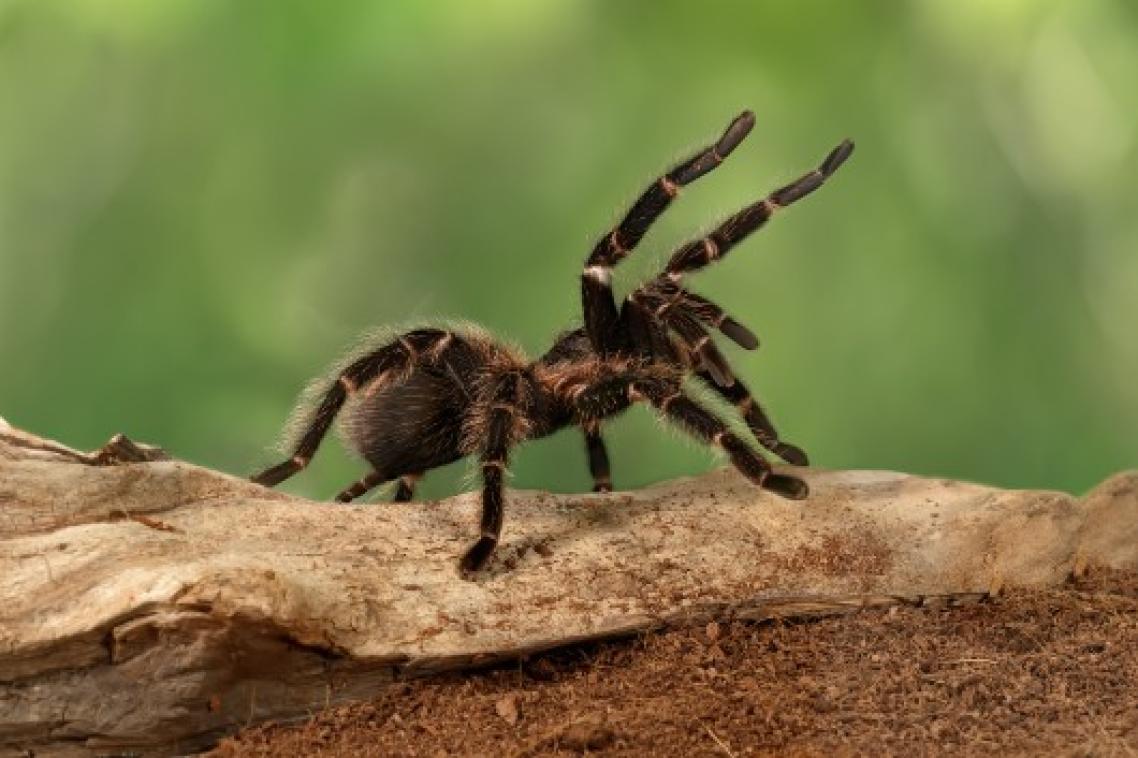Spider venom key to pain relief without side-effects

Molecules in tarantula venom could be used as an alternative to opioid pain killers for people seeking chronic pain relief.
University of Queensland researchers have designed a novel tarantula venom mini-protein that can potentially relieve severe pain without addiction.
Dr Christina Schroeder from UQ’s Institute for Molecular Bioscience said the current opioid crisis around the world meant urgent alternatives to morphine and morphine-like drugs, such as fentanyl and oxycodone, were desperately needed.
“Although opioids are effective in producing pain relief, they come with unwanted side-effects like nausea, constipation and the risk of addiction, placing a huge burden on society,” Dr Schroeder said.
“Our study found that a mini-protein in tarantula venom from the Chinese bird spider, known as Huwentoxin-IV, binds to pain receptors in the body. “
“By using a three-pronged approach in our drug design that incorporates the mini-protein, its receptor and the surrounding membrane from the spider venom, we’ve altered this mini-protein resulting in greater potency and specificity for specific pain receptors.”
“This ensures that just the right amount of the mini-protein attaches itself to the receptor and the cell membrane surrounding the pain receptors.”
Dr Schroeder said the mini-protein had been tested in mouse models and shown to work effectively.
“Our findings could potentially lead to an alternative method of treating pain without the side-effects and reduce many individuals’ reliance on opioids for pain relief,” she said.
This study was published in The Journal of Biological Chemistry. (DOI: 10.1074/jbc.RA119.012281).
Media: Dr Christina Schroeder, c.schroeder@imb.uq.edu.au; Faculty of Medicine Communications, med.media@uq.edu.au, +61 7 3365 5133, +61 436 368 746.
Topics
Related articles

A better way to assess cardiovascular health

Vaping cannabis linked to teen depression and anxiety
Media contact
UQ Communications
communications@uq.edu.au
+61 429 056 139
